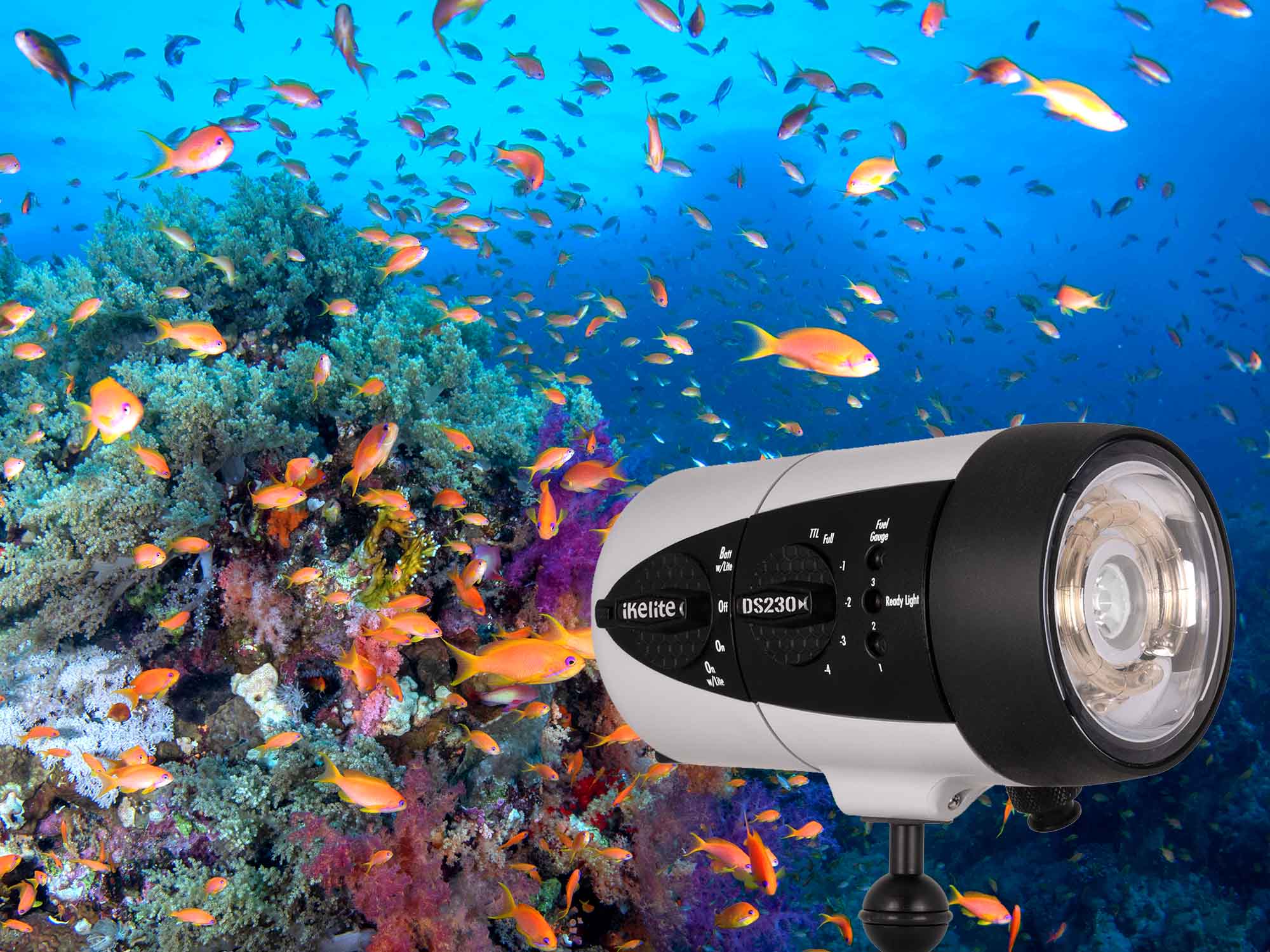By Jean Rydberg
All photos were taken in Socorro by Underwater Photography Guide Editor Nirupam Nigam using the 200DL Underwater Housing for Sony a7 IV, Compact 8" Dome Port, DS230 Strobes, and DL2 DS Link TTL Converter.
Everyone has been excited about Sony's 4th generation of its "affordable" full frame Alpha a7-series camera. At $2,499 MSRP for the camera body it comes in at $1,000 cheaper than the 61 megapixel Sony a7R IV or the video-centric A7S III.
Image Quality
The Sony a7 IV is a direct competitor to Canon EOS R6 and Nikon Z6 II cameras, and it's a clear winner in a couple of categories: megapixels and battery life. The Sony a7 IV features a new 33 megapixel BSI-CMOS sensor for image resolution up to 7008 x 4672. CIPA battery life is rated at 60% more shots than the Canon R6 which means you probably won't be worried about running out of battery on the average day of diving.

I love shooting the Compact 8" Dome port with the Sony Alpha a7-series cameras. It provides exceptional balance and handling without sacrificing image quality as you normally would when switching to a smaller diameter dome. This system has a Canon EF 8-15mm Fisheye and Sigma MC-11 adapter hiding behind the neoprene dome cover. • Photo © 2022 Underwater Photography Guide Nirupam Nigam
Autofocus
The improved autofocus tracking system incorporates tracking Eye AF as well as some animal tracking in both still and video modes. Pattern detection, color and brightness variations are also worked into its tracking AF algorithm providing a simple and effective experience.
"When it comes to autofocus performance, I find that both the Sony A7 IV and Canon EOS R6 are equitable and perform much better than the Nikon Z 6II. The autofocus tracking systems are very accurate in both the Sony and Canon cameras with little distinction between the two. However, I did notice that the Canon EOS R6 handles autofocus in lowlight just a tad bit better than the Sony A7 IV."
- Nirupam Nigam, Underwater Photography Guide review
ISO and Dynamic Range
We prefer the dynamic range and low-light capabilities of the Canon EOS R6, but you really have to be very picky to spot the differences. High ISO performance has really come a long way in the past few years and the Sony a7 IV meets up to some of the highest standards we set today with a boosted ISO sensitivity range of 50-204,800.

Some cameras struggle with distant subjects that are so close in color as the water. No problem when shooting the Sony a7 IV. The autofocus is spot on and the details of the whales' texture are captured beautifully. • ISO 320 • f/13 • 1/125 • Canon 8-15mm Fisheye f/4L lens • Photo © 2022 Underwater Photography Guide Nirupam Nigam
Controls
Sony has gone almost over the top on customization potential for the camera, with a number of custom menu and control settings available to tailor the experience to your particular shooting style. Where the a7 III had an exposure compensation dial, the a7 IV now has a customizable control dial which allows you to put aperture and ISO or shutter speed side-by-side for really fast exposure adjustments. I find this translates well whether using the camera on the surface or underwater.

We were already used to the front dial, top dial, and rear dial. The Sony a7 IV replaces prior generation cameras' Exposure Compensation dial with a 4th customizable dial. It's perfect for putting aperture and shutter speed or ISO side-by-side.
And while the ergonomics of the switch aren't our favorite, we love that they separated the still/video toggle from the Mode Dial so that you can quickly switch between video and still shooting while in Manual exposure mode (or whatever mode you choose). This wasn't the case on the A7 III, which made it a little more clumsy if you typically shoot a lot of both on the same dive.

Video modes are not separated out on a separate switch under the camera's Mode Dial. I find it a little fiddly with the locking mechanism but overall it's a welcome update if you like to toggle back and forth between video and stills frequently.
Video
In terms of video, most underwater shooters would give the edge to the R6 which is able to use almost its entire sensor when shooting at 60p frame rate (which is desirable if you want to slow down your video in post-production). When shooting at 4K 60p with the Sony a7 IV, you'll notice a 1.5x crop. This basically brings you down to APS-C size which is great for macro but can be challenging if you're shooting wide angle, particularly underwater.

Dynamic range is phenomenal on the Sony a7 IV and TTL exposure using the DL2 DS Link has no problems even when shooting a reflective, white subject - like the belly of this manta ray - with a bright background. • ISO 200 • f/10 • 1/125 • Photo © 2022 Underwater Photography Guide Nirupam Nigam
Image Stabilization
Depending on your choice of lens, the R6 may give you a slightly sharper image as well due to its image stabilization system. While Sony's in-body image stabilization (IBIS) rating is 0.5 stop better, Canon's system can combine IBIS with the optical IS in certain lenses. This can add up to 8 stops of stabilization with some RF lenses. What does this mean for you? Maybe nothing. One comparison test found that the A7 IV performs better in a static handheld shot and the R6 does better while walking. We think these characteristics balance out underwater and you'll do fine with either as long as you pay attention to the trim of your system.

Animal Eye AF is a big thing in 2022 with huge advancements thanks to complex algorithms and Deep Learning. The Sony a7 IV doesn't struggle for focus even with multiple fast-moving subjects. • ISO 100 • f/22 • 1/125 • Photo © 2022 Underwater Photography Guide Nirupam Nigam
Conclusion
To be honest, it's almost hard to go wrong these days. Camera manufacturers have stepped up and are delivering so many highly capable machines. Sony has become a leader in underwater video and the brand of choice for many professional videographers. The distinction in video quality between this "entry-level" camera and the flagship a1 is hardly discernible. With the a7 IV, Sony has made a camera that's equally satisfying when shooting either video or stills.
"Even though you can find the Sony A7 III for $2000, the A7 IV is a no brainer and well worth the extra expense. You get a better autofocus system, better menu, better colors in your files, much better video features, better white balance, better everything."
- Nirupam Nigam, Underwater Photography Guide review
Overall we feel that the a7 IV offers one of the best performance to dollar ratios out there right now, so if you're looking to upgrade you can't ignore this camera as a top option.

The Sony a7 IV gives you the ability to shoot 10-bit HEIF images with your choice of 4:2:0 or 4:2:2 color resolution and a wide variety of color modes. If you've become adept at color editing for your video or HDR images, the variety of the a7 IV options will keep you busy for a long time. • ISO 1000 • f/13 • 1/125 • Photo © 2022 Underwater Photography Guide Nirupam Nigam
If you can't get the shot you want with this camera, it may be on you. We can fix that! Get in touch with us today and we can help with techniques, settings, and advice to take your imaging to the next level.
 Jean Rydberg, daughter of Ike Brigham, became President & CEO of Ikelite in 2006. Prior to that, she wisely pursued a degree in Astronomy & Astrophysics to prepare herself for the challenges of running a technology-driven manufacturing business with global distribution. Jean fully embraces the need to travel outside of her hometown of Indianapolis to experience good diving. She believes that any camera is capable of amazing results in the right hands, and anyone can become a great photographer given the right advice. When she's not working she's spending time with her husband, cats, and two daughters (though not necessarily in that order).
Jean Rydberg, daughter of Ike Brigham, became President & CEO of Ikelite in 2006. Prior to that, she wisely pursued a degree in Astronomy & Astrophysics to prepare herself for the challenges of running a technology-driven manufacturing business with global distribution. Jean fully embraces the need to travel outside of her hometown of Indianapolis to experience good diving. She believes that any camera is capable of amazing results in the right hands, and anyone can become a great photographer given the right advice. When she's not working she's spending time with her husband, cats, and two daughters (though not necessarily in that order).
Additional Reading
Sony a7 IV Review at Underwater Photography Guide
When to Use a Compact 8" Dome Port Underwater
Sony A7S III Underwater Photos
Sony a7S III Underwater Video Sneak Peek [VIDEO]
Sony Alpha a7R IV Underwater Photos
DL2 DS Link Sony TTL Converter Underwater Photos
Sony A7C Underwater Photos and Review

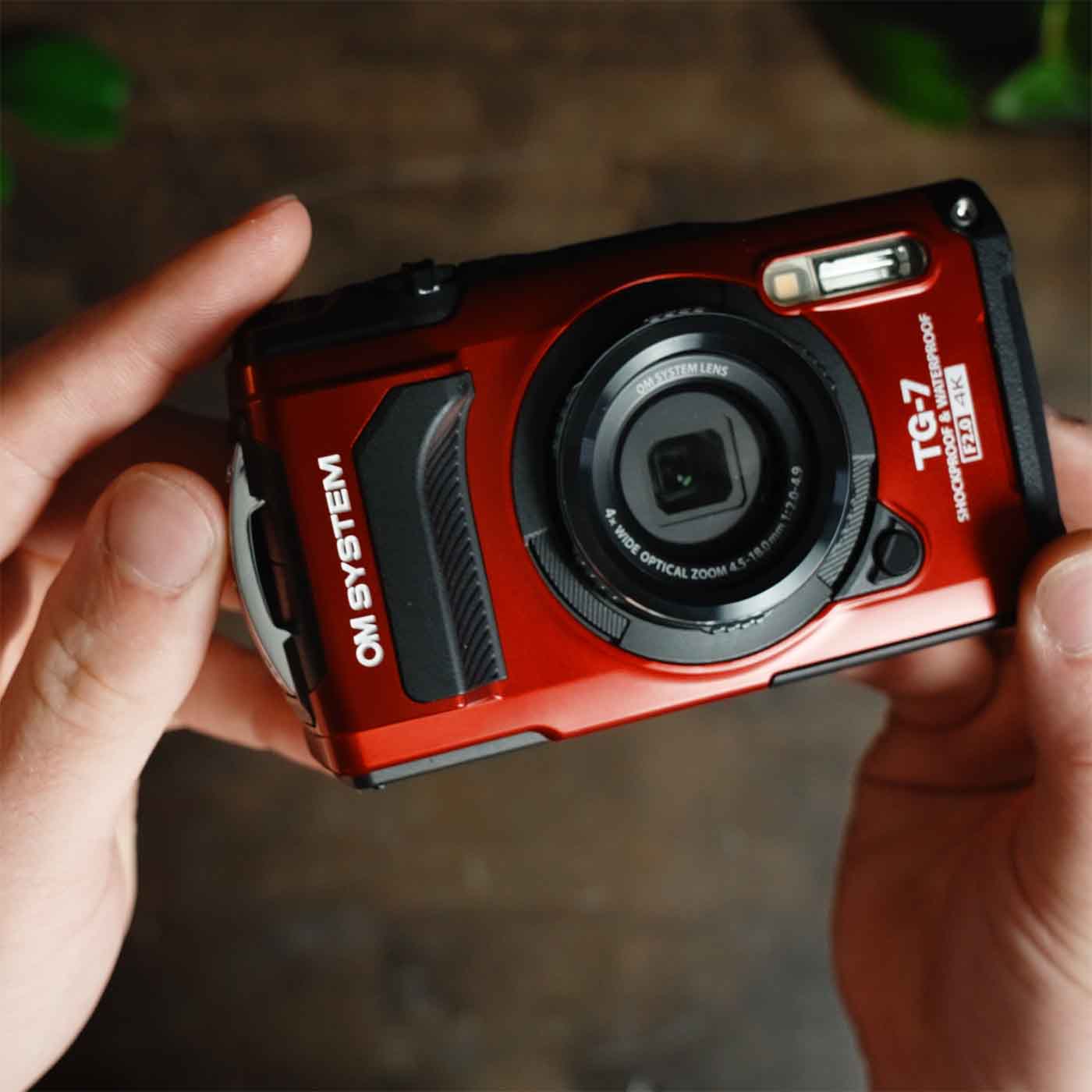
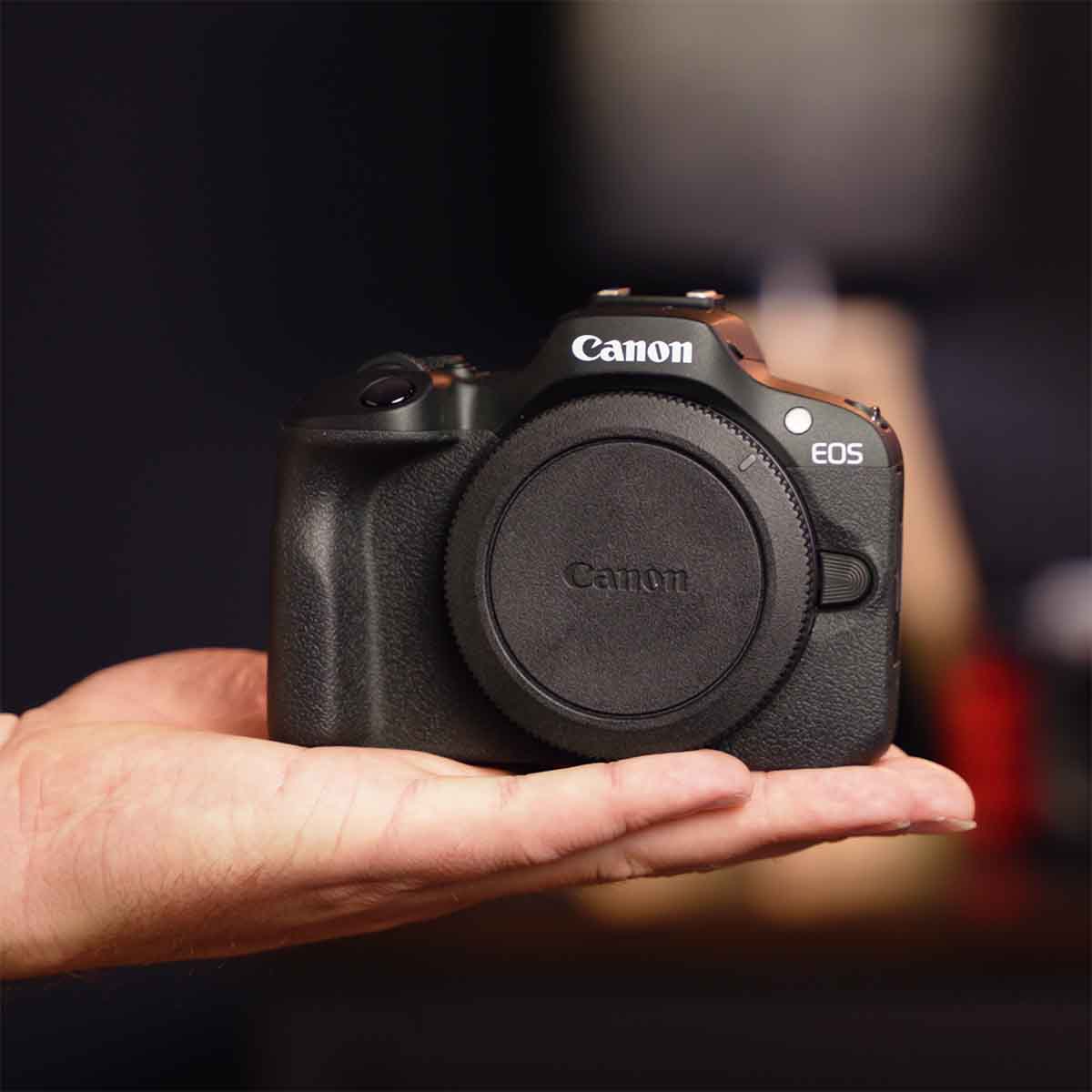
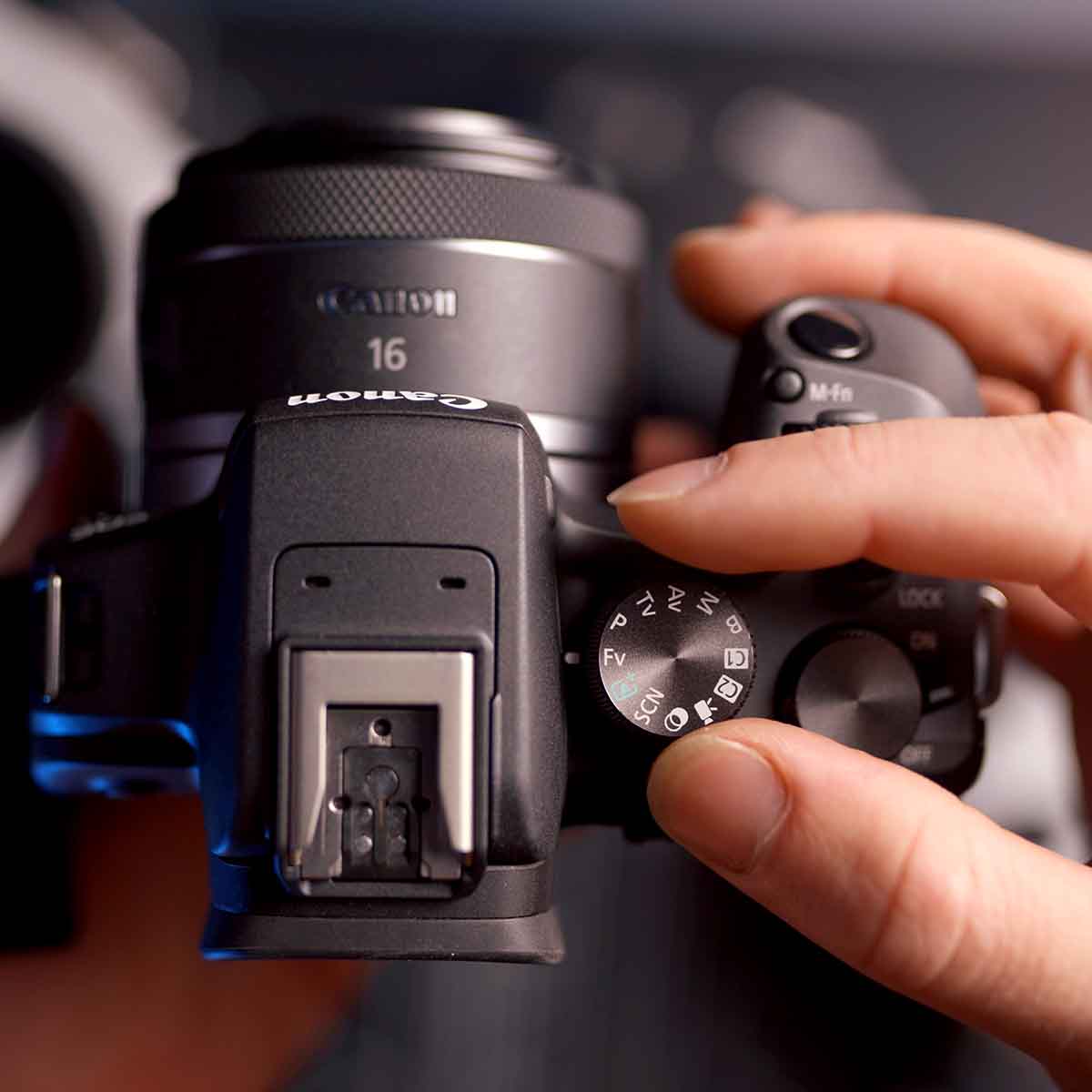
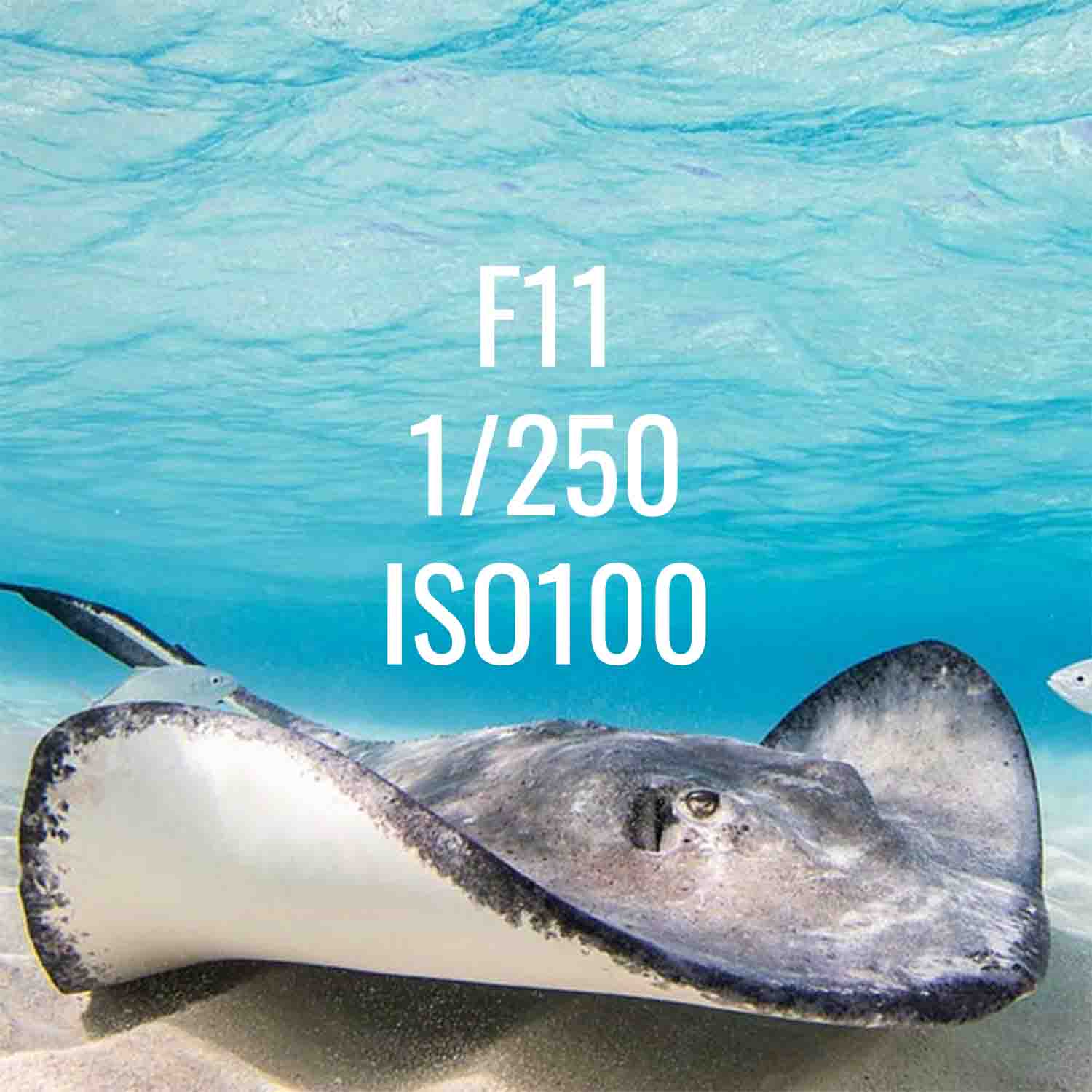

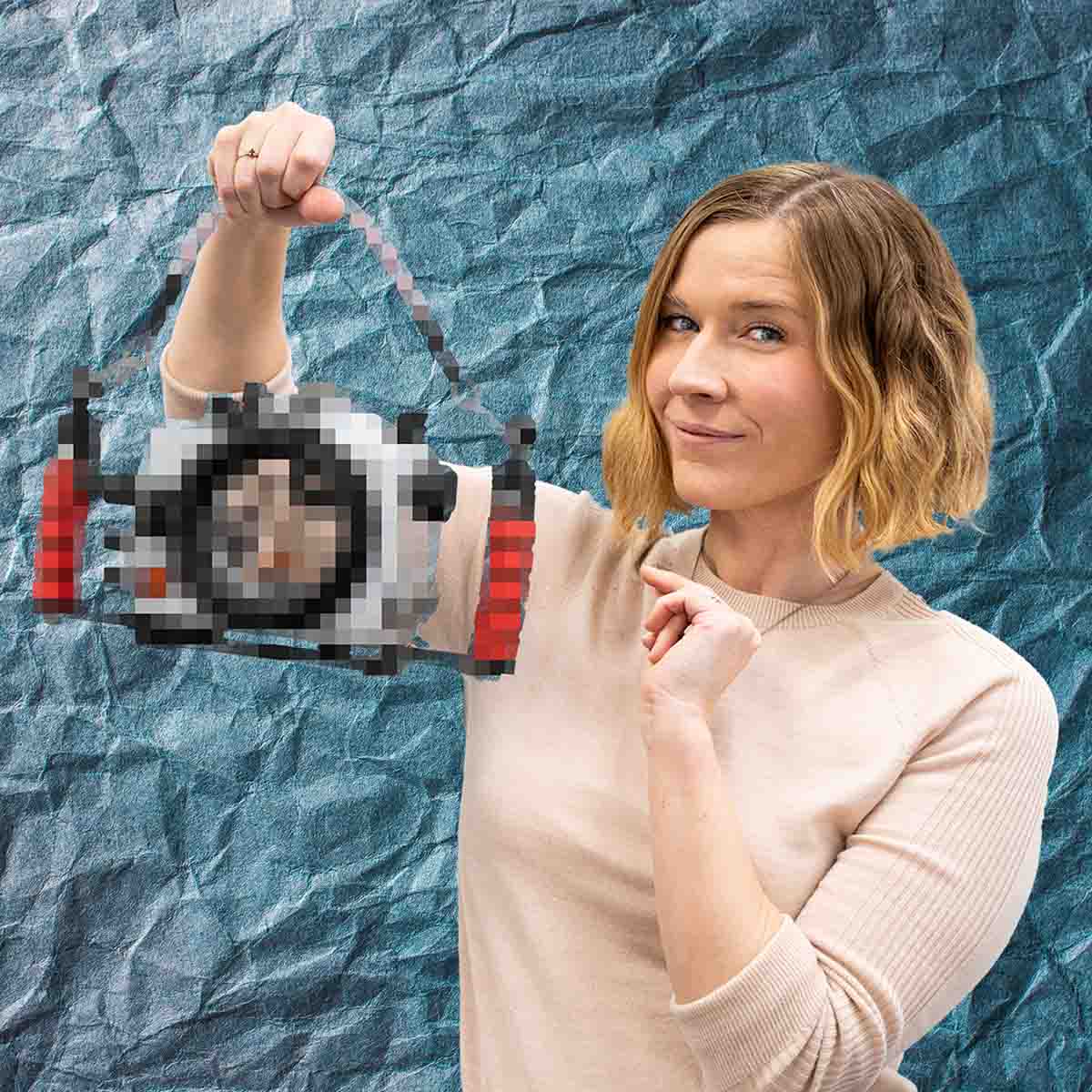
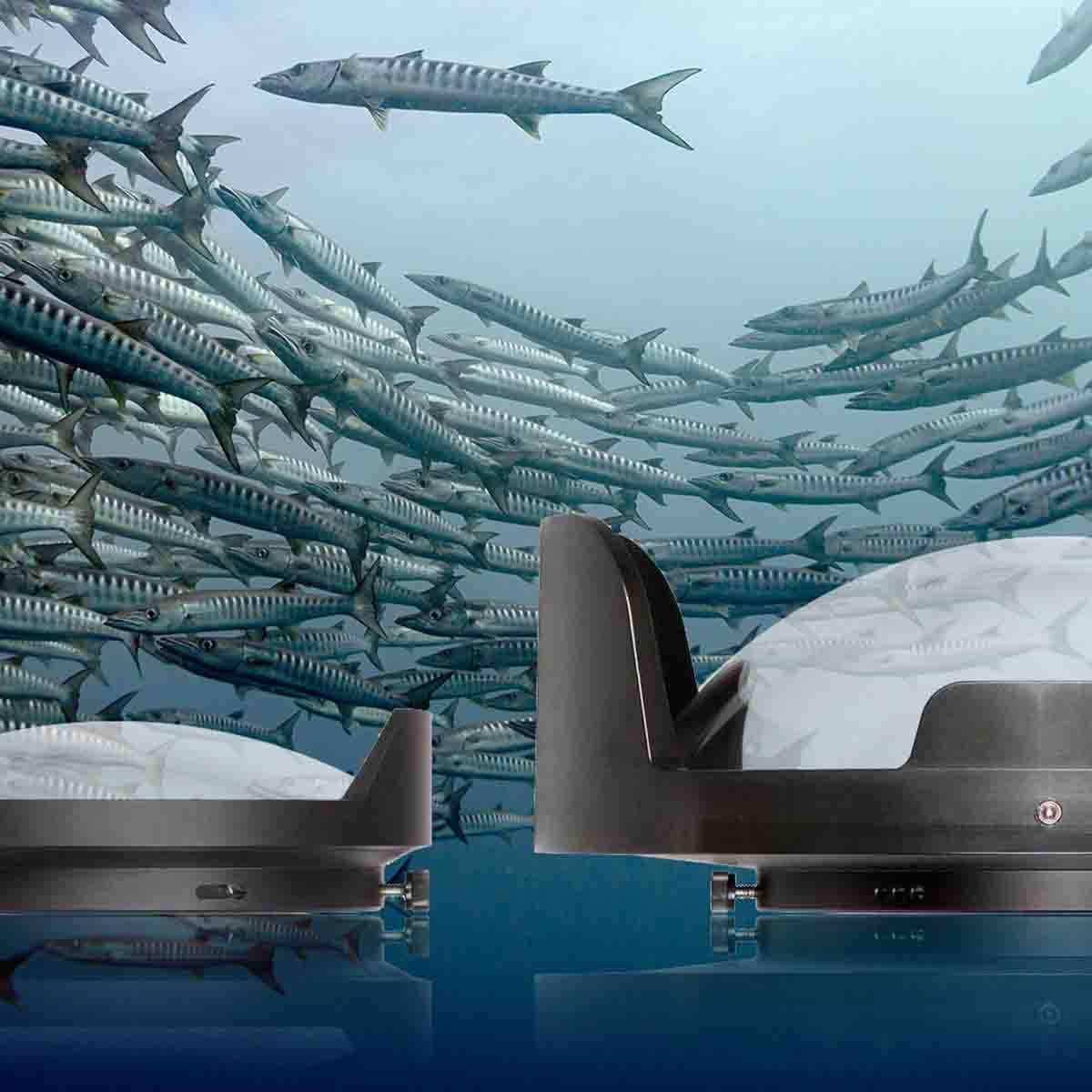
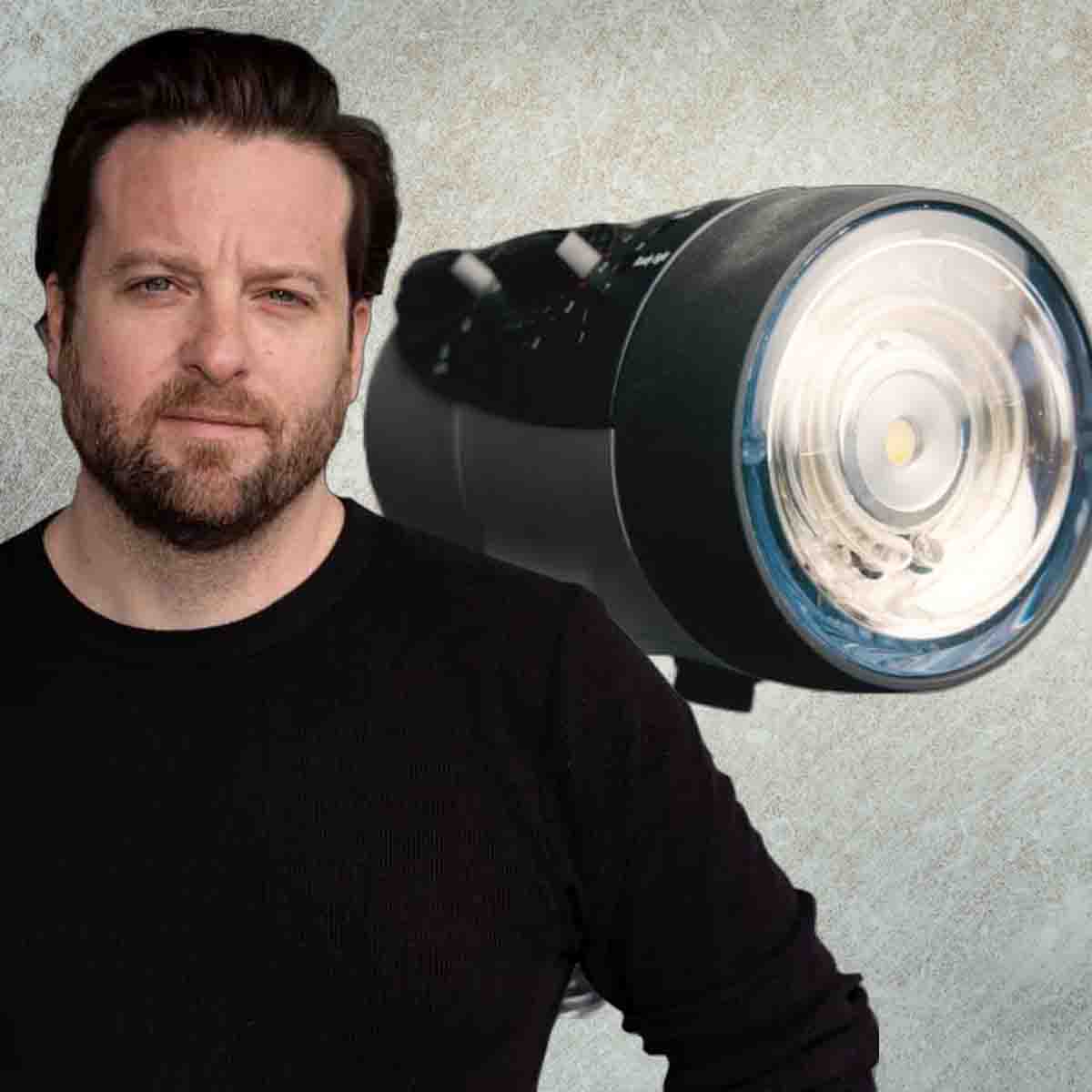
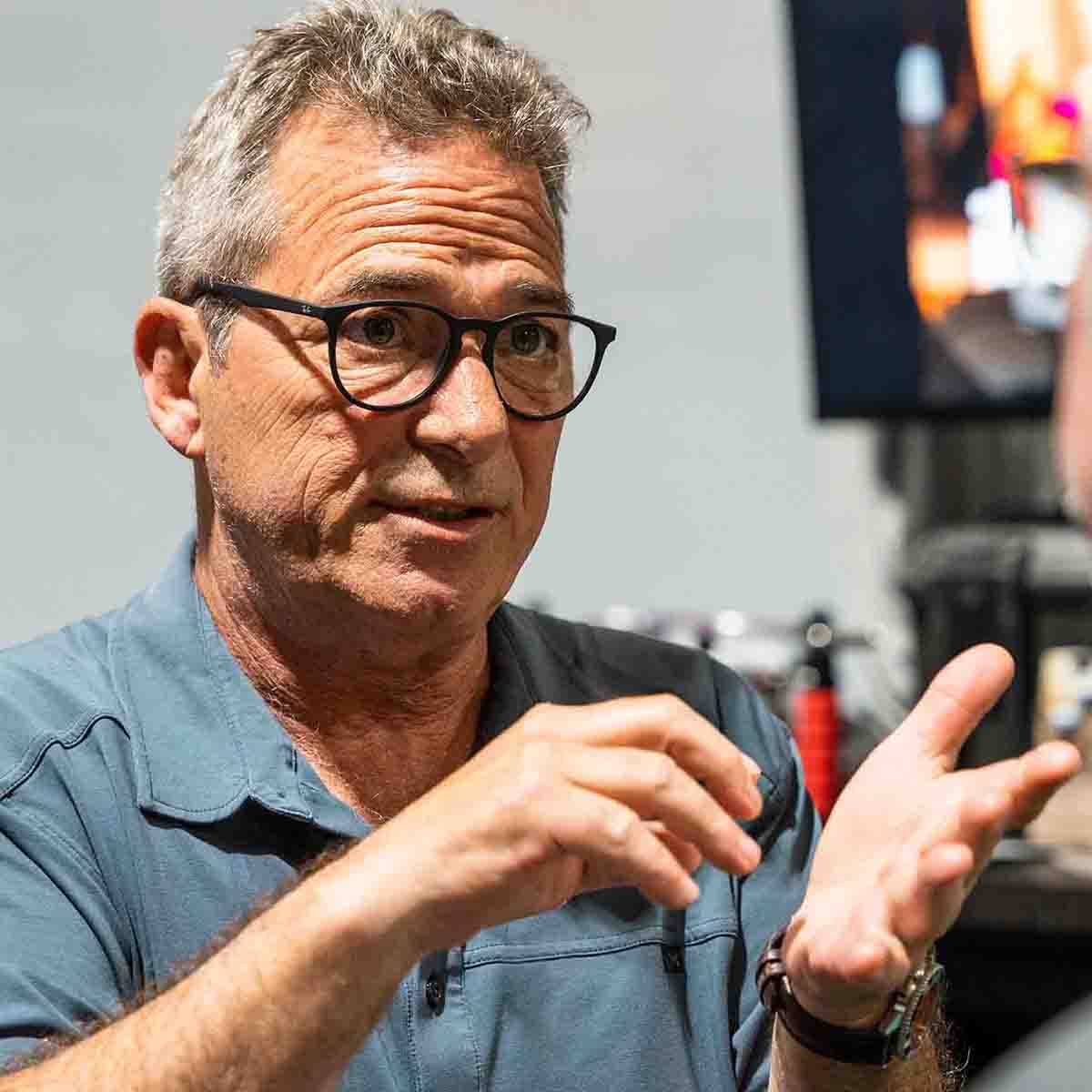
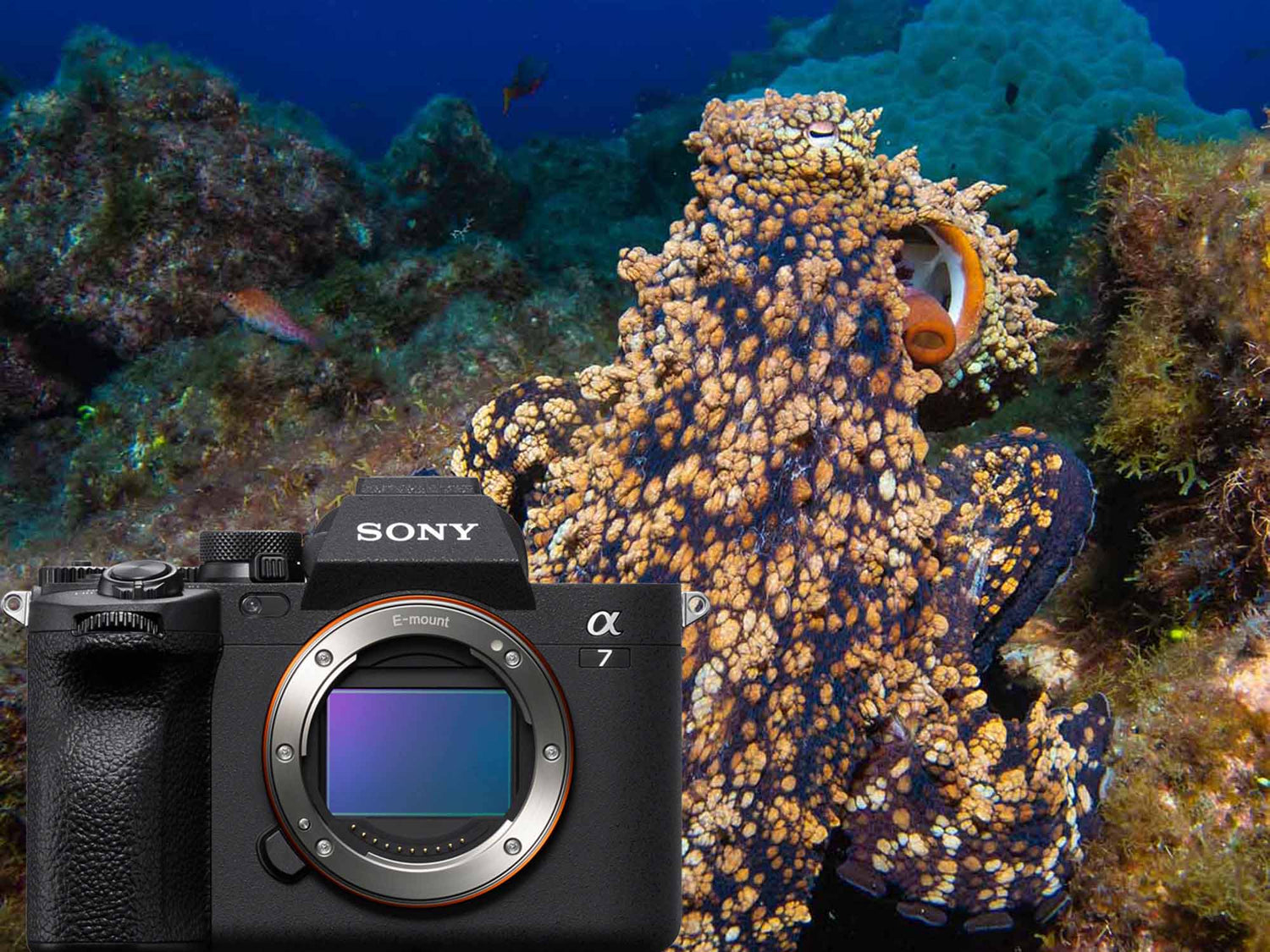
![Worth The Upgrade | Canon EOS R5 and R6 Full Frame Mirrorless Underwater [VIDEO]](http://www.ikelite.com/cdn/shop/articles/ikelite-underwater-housing-canon-r5-r6-cover.jpg?v=1646946381&width=2000)
